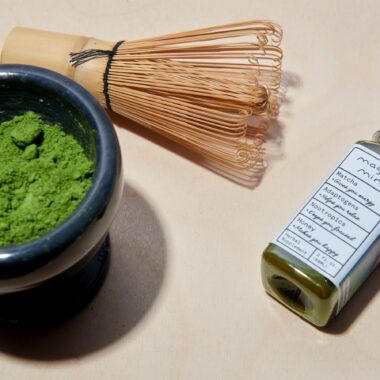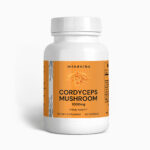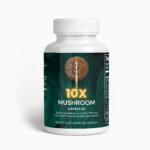
Can Mushroom Coffee Give You Diarrhea? Exploring Its Impact on the Stomach.

Are there any particular individuals who are more prone to experiencing diarrhea after consuming mushroom coffee?
Title:
Introduction:
Having gained popularity in recent years, mushroom coffee is a unique beverage that combines the characteristics of coffee with the potential health benefits of mushrooms. However, concerns have been raised about its effects on the stomach, particularly whether it can cause diarrhea. In this article, we will into the world of mushroom coffee and explore its impact on digestive health.
1. Understanding Mushroom Coffee:
Mushroom coffee is a blend of regular coffee and medicinal mushrooms, such as lion’s mane, chaga, or reishi. These mushrooms are known for their potential health benefits, including boosting cognitive function, supporting the immune system, and reducing inflammation. By incorporating them into coffee, enthusiasts hope to enjoy the benefits without sacrificing their caffeine fix.
2. The Link Between Mushrooms and Digestive Health:
Mushrooms have long been recognized for their positive impact on gut health. These fungi are rich in fiber, prebiotics, and polyphenols, all of which can promote a healthy gut microbiome and improve digestion. So, it might seem contradictory to associate mushroom coffee with gastrointestinal issues like diarrhea.
3. Potential Causes of Diarrhea:
While mushroom coffee is generally safe for most people, certain factors could contribute to digestive discomfort, including diarrhea. One possibility is individual sensitivity or allergies to certain mushroom varieties. Another factor could be improper brewing techniques, as using too much or too little mushroom powder may upset the stomach. Additionally, consuming large amounts of mushroom coffee without considering personal tolerance levels can also increase the risk of gastrointestinal issues.
4. The Role of Caffeine:
Caffeine is a well-known natural stimulant that is present in both regular coffee and mushroom coffee. Excessive consumption of caffeine can have a laxative effect on the body, leading to loose stools and diarrhea. Therefore, individuals who are more sensitive to caffeine may experience digestive issues when consuming mushroom coffee.
5. Balancing Mushroom Coffee Intake:
To minimize the risk of experiencing diarrhea from mushroom coffee, it is essential to find a balance that suits your individual needs and tolerance. Start by consuming small amounts and gradually increase the dosage over time, allowing your body to adjust. Monitoring your caffeine intake from other sources, such as tea or soda, can also help regulate your overall caffeine consumption.
6. Other Factors to Consider:
Apart from individual sensitivity and caffeine content, other lifestyle factors can also contribute to digestive issues. For instance, a diet high in fat, spicy foods, or artificial sweeteners can irritate the gut and potentially worsen symptoms. It is important to maintain a well-balanced diet alongside mushroom coffee consumption to mitigate any possible adverse effects.
7. Seeking Professional Advice:
If you are unsure about incorporating mushroom coffee into your routine or have experienced persistent digestive issues, it is wise to consult a healthcare professional or nutritionist. They can provide personalized advice based on your unique needs and medical history.
8. Conclusion:
Despite its potential health benefits, mushroom coffee does have the potential to cause diarrhea in some individuals. Factors such as individual tolerance, caffeine sensitivity, and brewing methods can contribute to digestive discomfort. However, with careful moderation and attention to personal health, many people can enjoy the benefits of mushroom coffee without experiencing adverse effects on their stomachs.
Remember, it’s always important to listen to your body and make informed decisions when experimenting with new dietary choices.

























